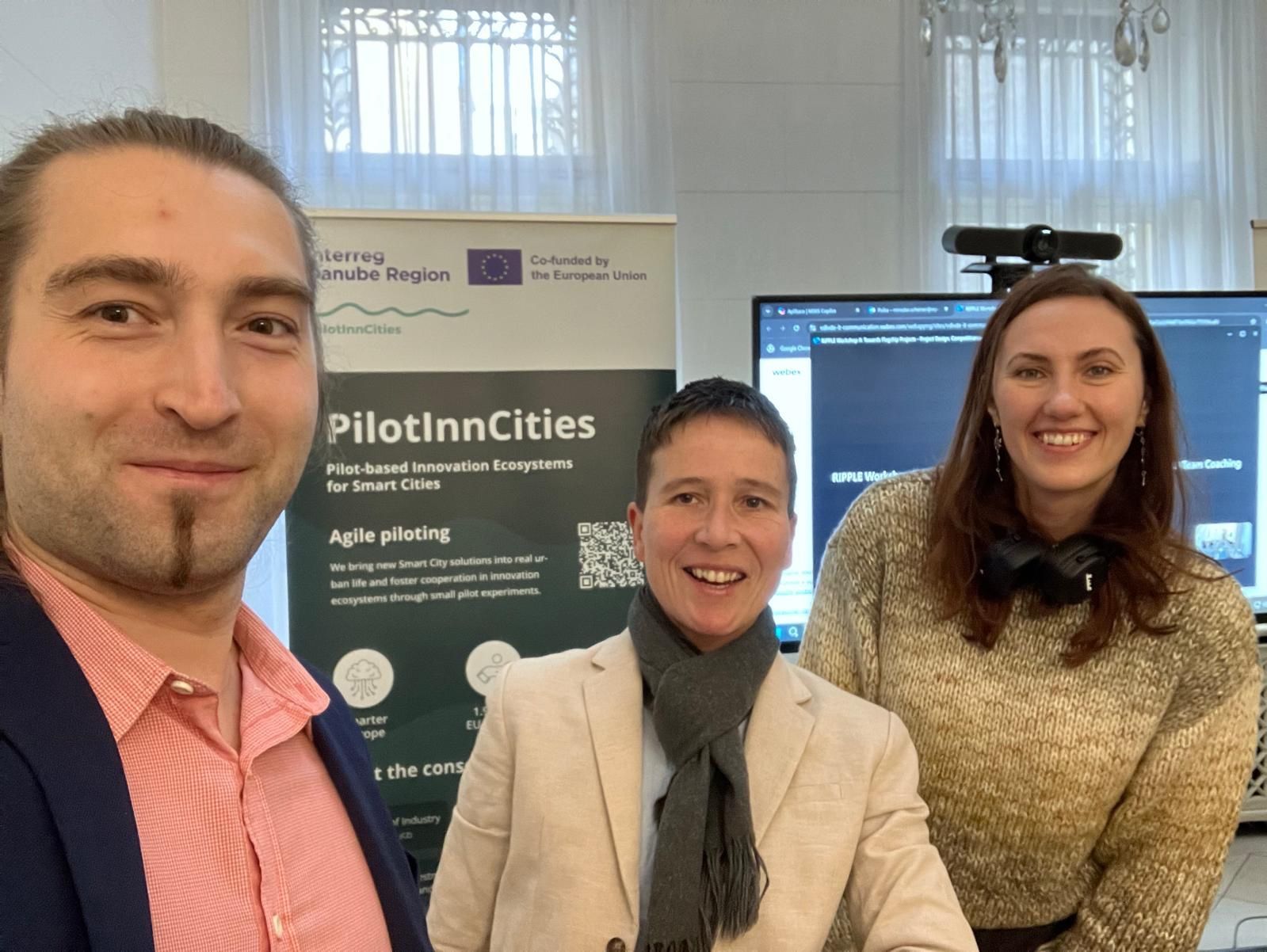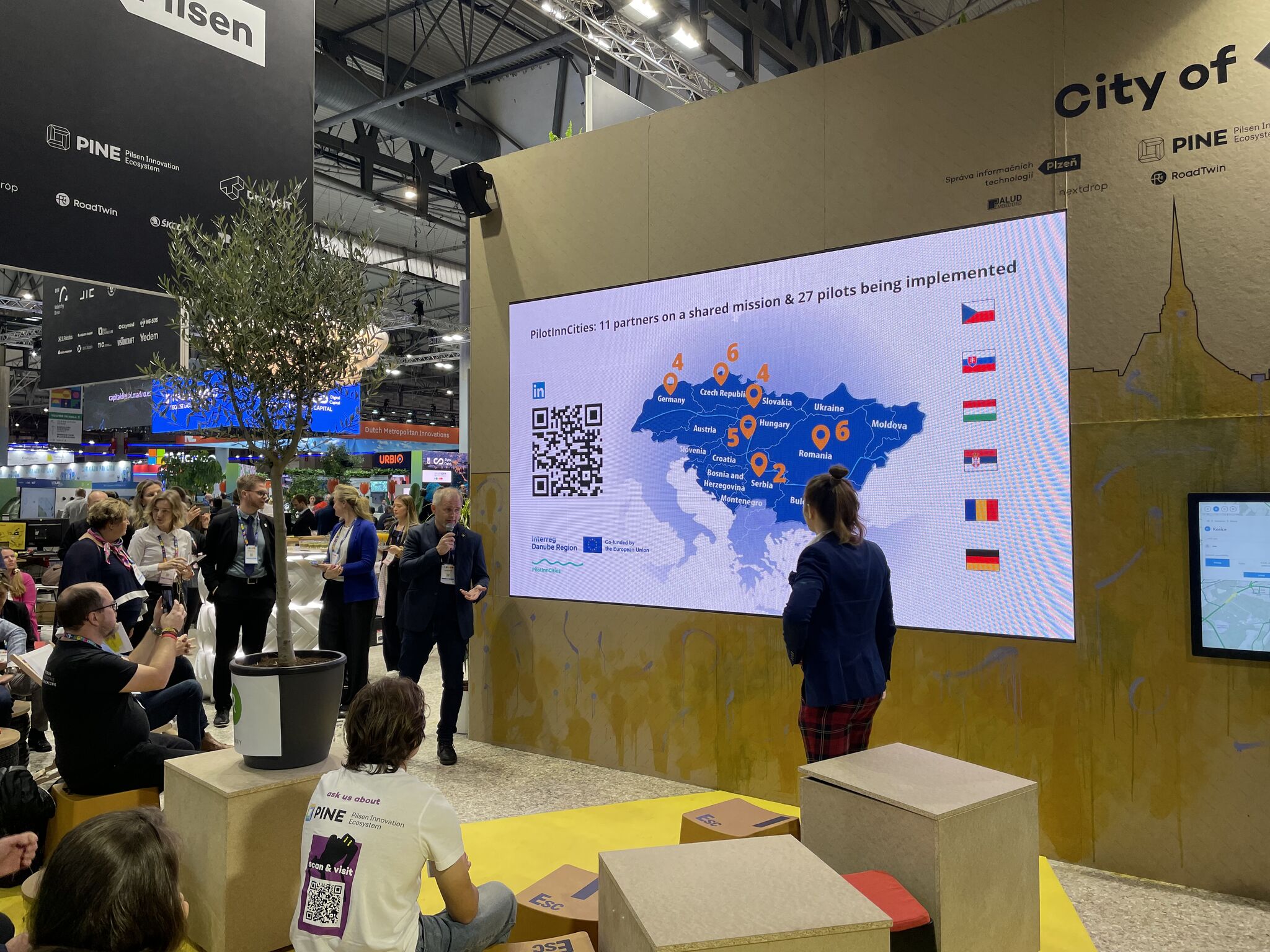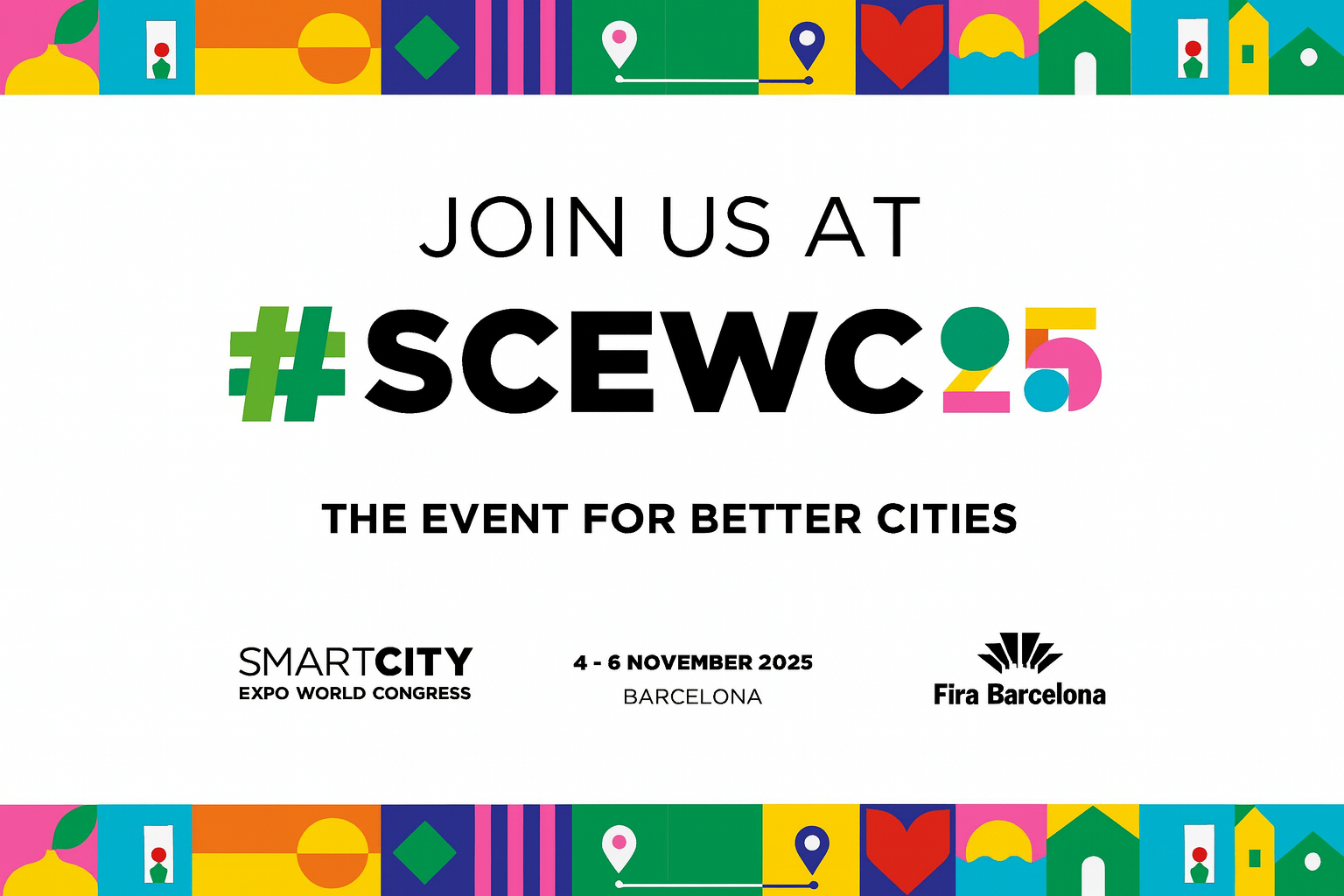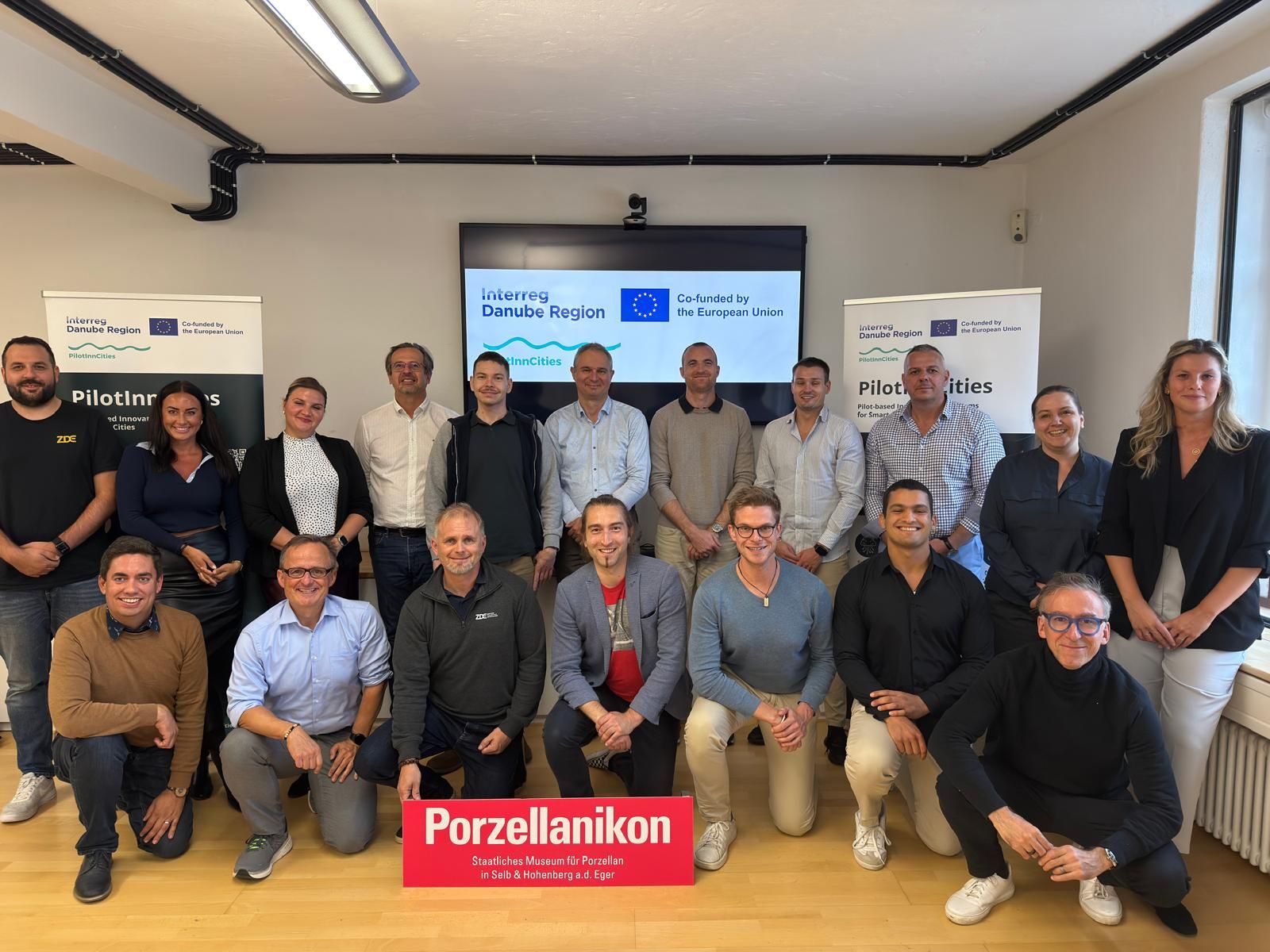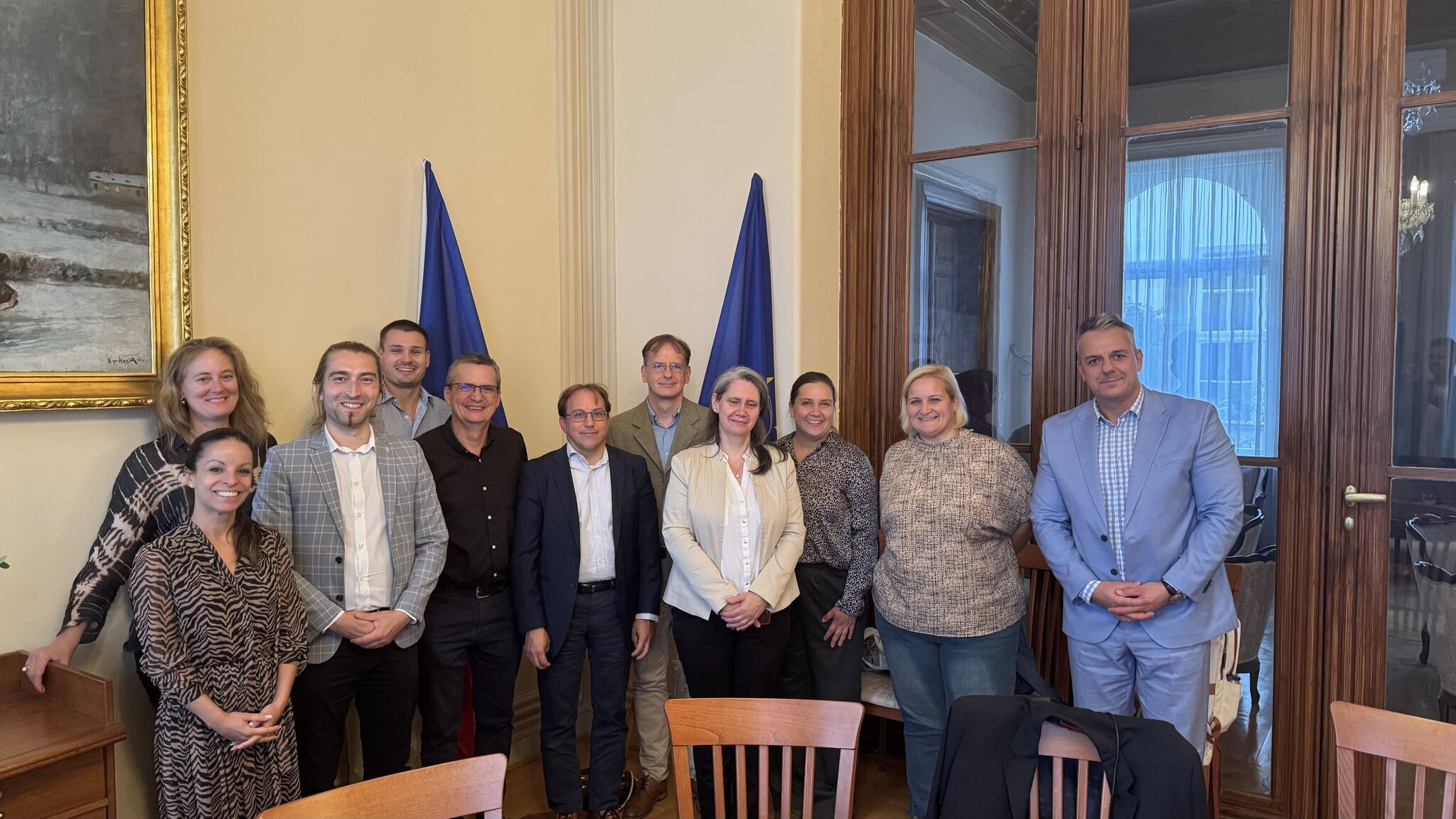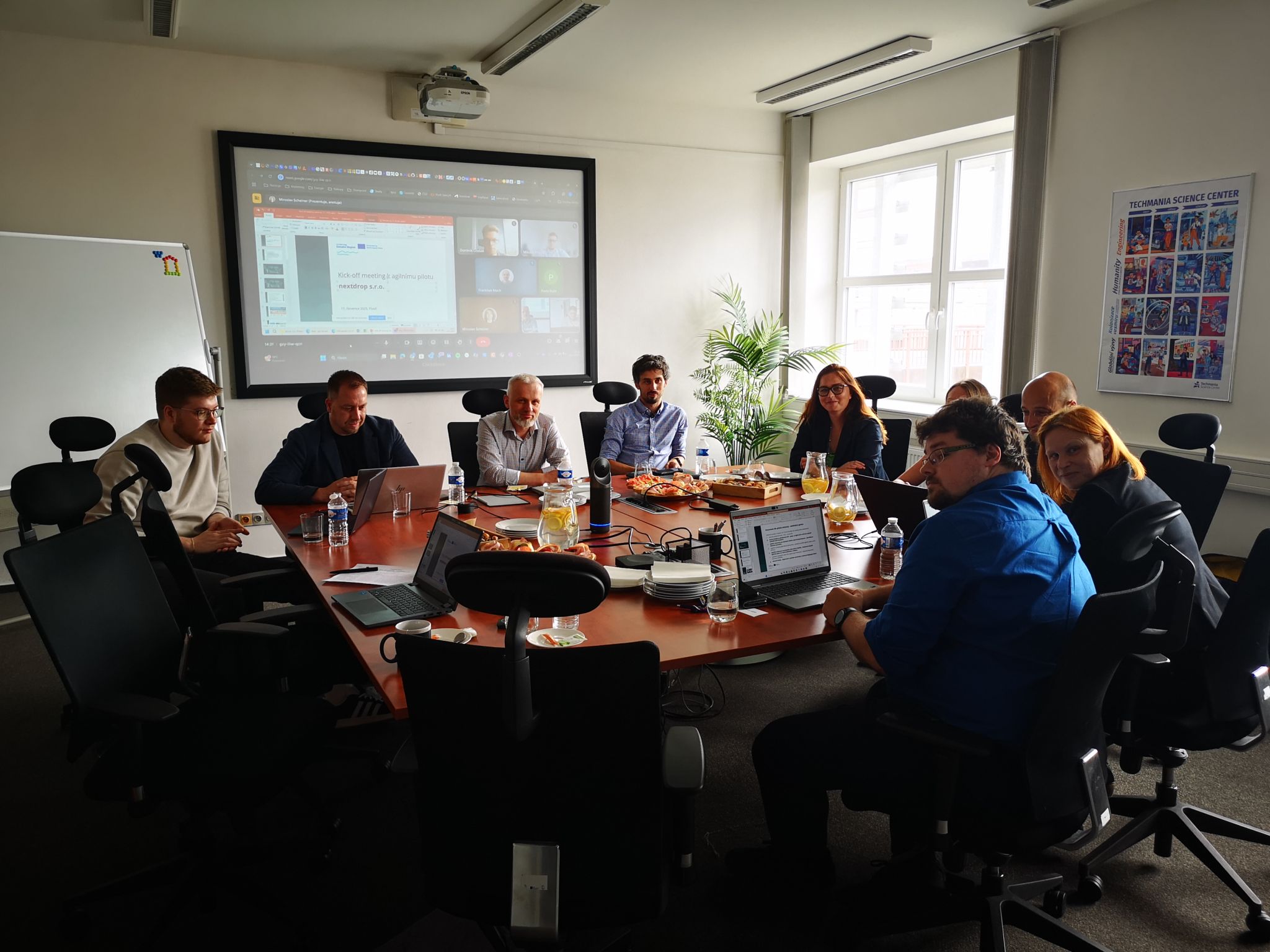
Pilot-based Innovation Ecosystems for Smart Cities
We are all about making smart cities a reality
We introduce the method of agile piloting: using small innovation experiments to bring new smart city solutions into real urban life and foster cooperation in innovation ecosystems

Tackling barriers hindering the transformation of our cities
The importance of cities to the future of humanity and the planet at large is much greater than it may initially seem. Cities produce approximately three-quarters of global emissions, consume a similar percentage of energy and primary raw materials, and, through their environment, determine the quality of life of the three-quarters of the European Union’s population who call cities their home. Challenges such as adaptation to climate change, energy transformation, and ensuring sustainable mobility cannot be definitively solved without a radical transformation of cities. To make this happen, innovation is needed not only in the form of technology, but also in our collective mindset and processes. In many cases, the introduction of ground-breaking innovations encounter significant roadblocks to being able to put them into practice. In particular, innovative solutions proposed to municipalities encounter many financial, administrative, and information barriers to entry towards the beginning of their introduction. This, in turn, dissuades companies from taking on and expanding innovative projects that have the potential to save our planet and improve lives of citizens.

Agile piloting: an innovational inspiration from Finland
The PilotInnCities consortium’s answer to this problem is the agile piloting method. The Ministry of Industry and Trade of the Czech Republic first learned about this method through cooperation with the Policy Learning Platform of the Interreg Europe program, which culminated in a learning mission to Helsinki in April 2023. Agile piloting consists in supporting small innovation experiments in which the solution provider, the municipality, and a third party (which takes the investment risk for the sake of the common good) collaborate to bring innovative solutions to the market. The composition of this partnership allows for extraordinary agility through limited-scale with significantly reduced bureaucracy. The agile piloting method well aligns with the Pareto principle: it is an activity that requires very low investments, but offers a robust positive impact for them with the potential to gradually transform the entire innovation environment.

Replication and upscaling in well-functioning innovation ecosystems
Despite the limited-scale of its initial adoption, the agile piloting method maintains an ability to illustrate each innovative solution’s practical benefit, possible business model, and expansion strategy based on good practice sharing. This paves the way for upscaling and prevents multiple entities from reinventing the wheel independently. At the same time, the agile pilot becomes the center of ecosystem cooperation, where the experiment in a living laboratory actively involves the local community, as well as expertise and capacity from the nearest universities, innovation centers, and other regional and national institutions. In this way, each collaborative actor learns about the strength of their synergism, which allows them to more seamlessly work together towards a better world for us all, through a betterment of our cities. A true quadruple helix.
STEP 1: Improving the cooperation of Smart City stakeholders across the quadruple helix
In the first year (2024), the consortium will map the state of national innovation ecosystems with an emphasis on the role of academia, industry, government, and civil society. The main output will be an analysis which, through the lens of the quadruple helix, will assess the potential for the systemic development of the Smart City innovations in the Danube Region and evaluate the similarities and differences between individual countries participating in the consortium. This will inform the consortium about to what extent a uniform agile piloting approach is suitable in the reality of the Danube Region.

STEP 2: Designing and implementing an agile piloting methodology across the Danube Region
Finland is the pioneer of the agile piloting method. The Danube Region, though, does not have the same characteristics as Finland, making this method’s seamless integration tricky. Accordingly, a key task of this mission is to adapt agile piloting to the Danube Region’s unique characteristics. To solve this problem, the consortium will develop a methodology which will allow for this method’s international success, which will then be tested through agile pilots in the Czech Republic, Germany, Hungary, Romania, Serbia, and Slovakia. This goal will be pursued in 2025, the second year of the project. Each agile pilot project can be allotted up to 20,000 euros of grant funding.

STEP 3: Creating ideal agile piloting conditions within national and regional institutions
An important characteristic of agile piloting is the participation of innovative companies in an open marketplace of ideas—in tandem with a municipality willing to become a living laboratory for a pilot experiment. But systematic support for innovation and competitiveness cannot be solely built upon one-off projects co-financed by the European Union. Thus, PilotInnCities aims to create a practical guide for the long-term financial support of national and regional programs for agile piloting. On the basis of this first round of experimentation, a universal methodology will be created along with an action plan that will recommend the necessary steps to set up an effective support system.

News & Events
Read the most recent updates and explore the upcoming events.
Project overview
Need any help? Contact us!

Miroslav Scheiner
Lead Coordinator of PilotInnCities, Ministry of Industry and Trade Czech Republic (LP1)

Kateřina Fiala
Project Manager of PilotInnCities, Ministry of Industry and Trade Czech Republic (LP1)

Viktor Holý
Communication Manager of PilotInnCities, Ministry of Industry and Trade Czech Republic (LP1)

Vít Fencl
Financial Manager of PilotInnCities, Ministry of Industry and Trade Czech Republic (LP1)

Dominik Grešák
Project and Communication Manager for Smart Cities, Czechinvest (PP2)

Zuzana Fečová
Project Manager, Ministry of Investments, Regional Development and Informatization of the Slovak Republic (PP3)
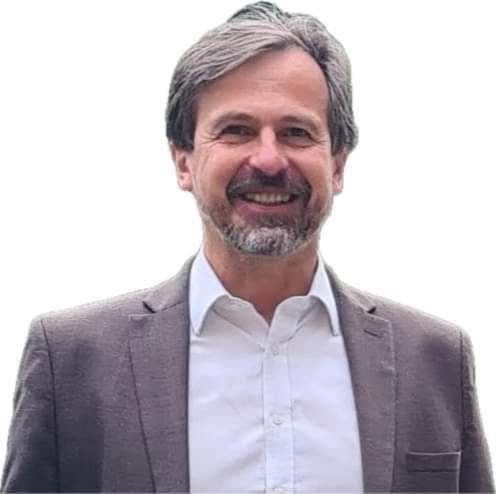
Anton Marcinčin
Project Manager, Association of Towns and Communities of Slovakia (PP4)

Gergel Miletics
Project Manager, Neumann János Nonprofit Ltd. (PP5)

Karoly Arisztid Ditzendy
Executive Director, HROD.net Community Development Nonprofit Ltd. (PP6)

Ana Čarapina
Project Manager, Digital Serbia Initiative (PP7)
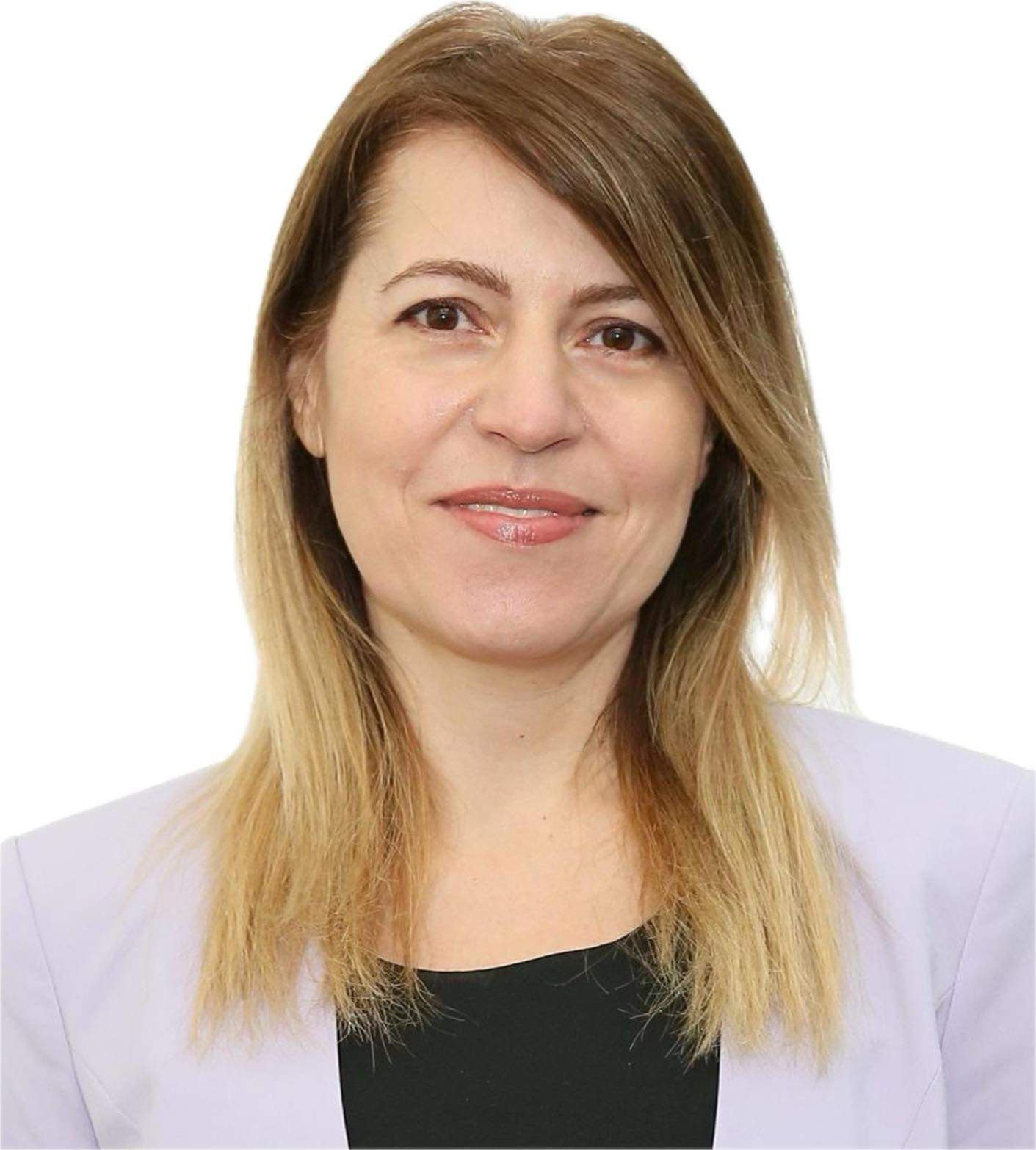
Irina Gabriela Radulescu
Cluster Manager of Danube Engineering Hub Association (PP8)

Florin Baltaretu
Director of Thermal Sciences and Engineering Research Center, Technical University of Civil Engineering Bucharest (PP9)

Bernhard Weigl
Leader of EurA-Bayern branch, EurA AG (PP10)
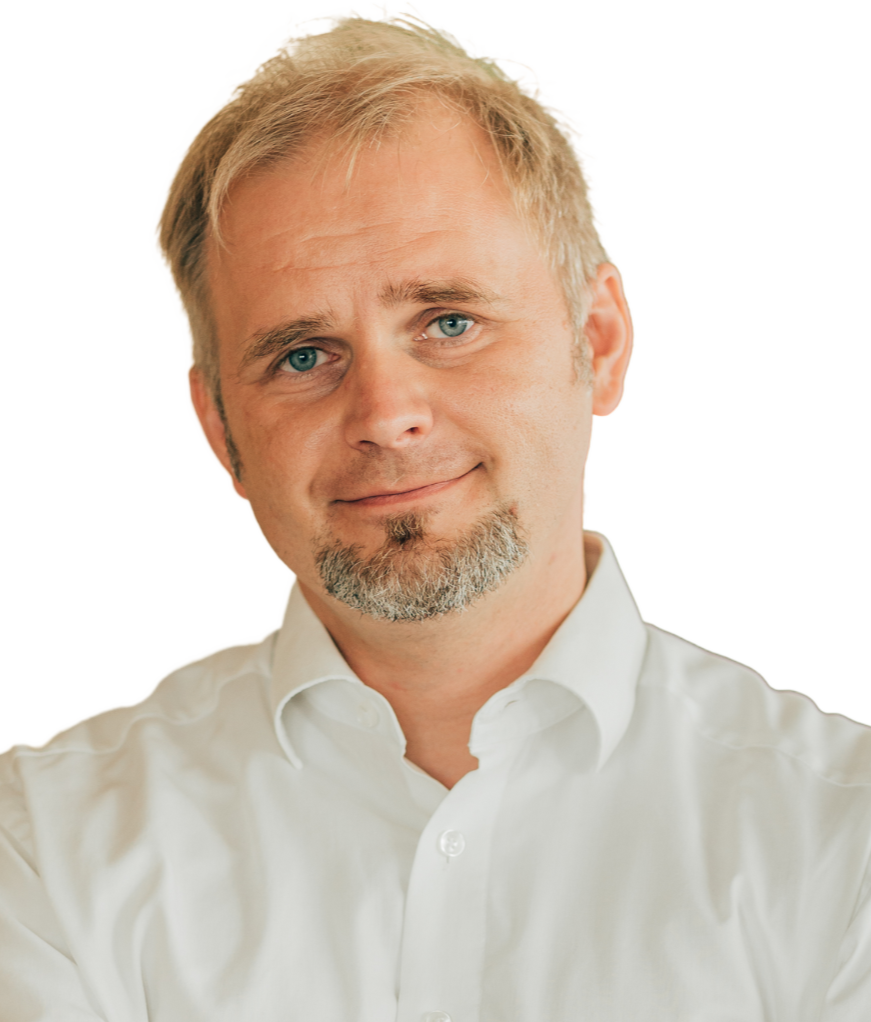
Georg Würffel
CEO of ZDE

